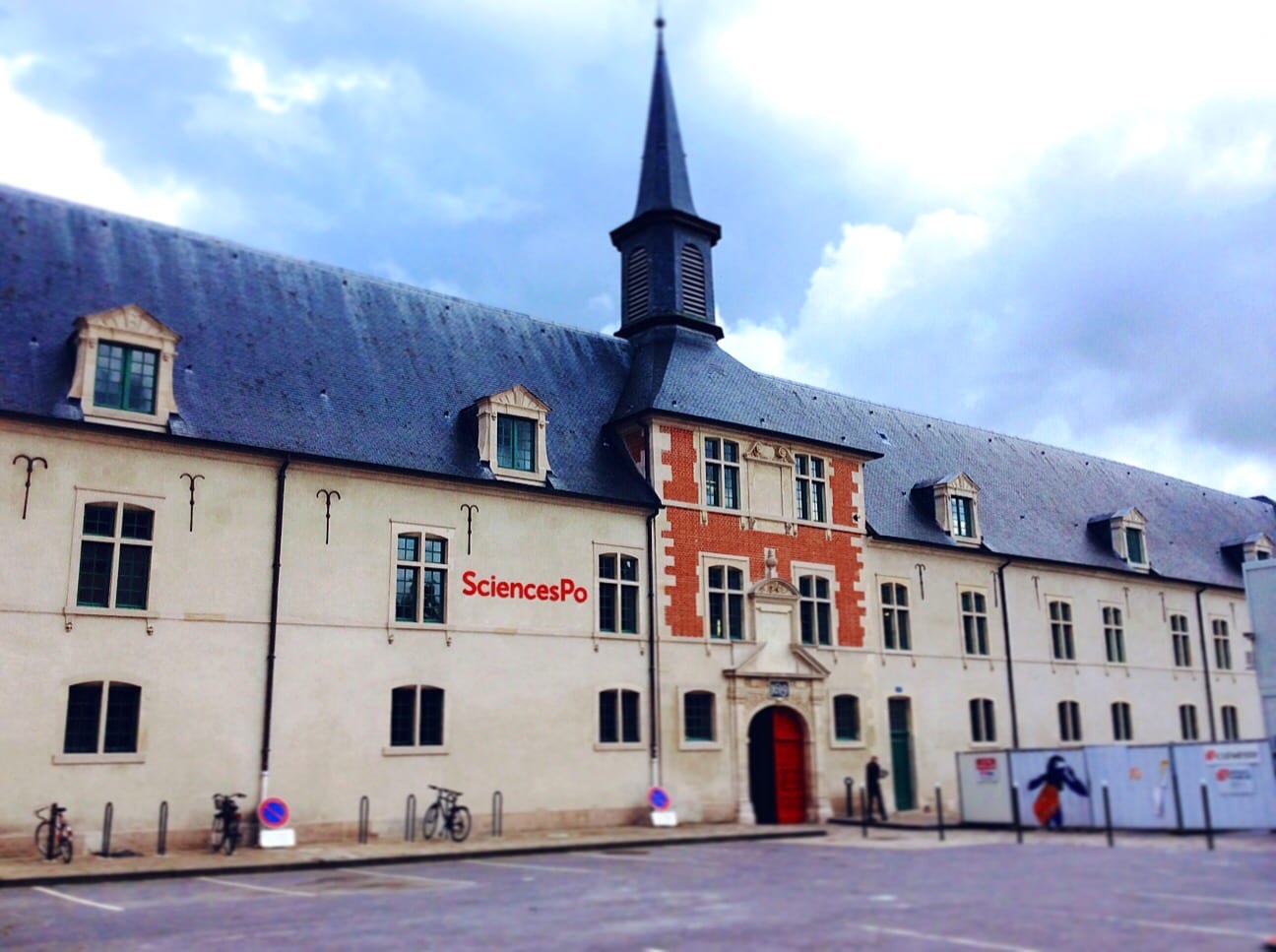By Alexandra Junge
In a time where journalism is increasingly replaced by click-bait headlines and ‘fake news’, it may seem like a lost cause to angle for such a dying art. However, we should refuse such defeatism. The best way to combat this despairing trend is to continue to fight its prevalence. More importantly, we need to acknowledge that this fight is not just up to the professionals, the well-seasoned correspondents, and cable news networks with unlimited budgets and agendas. No, it starts at a grassroots level; it starts right here on campus.
Student newspapers have been around for almost as long as universities themselves, and while our own Reims campus is not very old, The Sundial Press has been part of it since the beginning. Its staff represents an honest attempt at preserving journalistic integrity: no one is trained as journalist or editor, funds are low and university will be sure to place a heavy workload on top of it all. Even so, by implementing principles and values of journalistic integrity it can set a precedent, which even some established newspapers of our day lack.

The entrance to Sciences Po Campus of Reims. Photo: Victoria Constantin//The Sundial Press
The foremost responsibility of a student newspaper must be to share accurate information with the student body about what directly affects them in a timely, unbiased and interesting way. As one of The Sundial’s editors-in-chief, Jimmy Quinn, mentioned at an information session to potential team members: it is not about replicating what you can find on the headlines of the BBC and The New York Times, but about producing work on what is unique to our campus and relevant to our peers.
We all know that university is a fast-paced environment, and our priorities often lie somewhere between our academics and our social lives. With so much on our plate it can be easy to keep our head down and not reflect on our immediate surroundings, on how exactly our money is being spent, and by who. Student newspapers should attempt to tackle this ignorance towards what is important on campus: what do the reforms entail, how much does the new campus cost, what event was hosted that had a fundamental impact on a student’s life? These are all questions aspiring campus journalists should ask themselves, and stories that they should be driven to report.
The job is a one way street, it is not only about being a bridge between administration and student, but also between student and student. Through being a resource that enables students and even the administration to understand SciencesPo in greater depth, we can expose and discuss the weaknesses and strengths of our university, which can have the power to translate into positive change.
On our campus, we have no shortage of stories: everyone has an experience to share, or a noteworthy opinion that can be of value to others. Naturally, it is a time consuming endeavor. Being the mouthpiece for students, stories, controversies and celebrations can be exhausting, but becoming a consequential tool of campus life makes it all worthwhile. I hope the newly admitted journalists to The Sundial Press will prove this in their work over the coming year. Moreover, if anyone should have a story to share, even if not part of the Sundial Team, make sure to know your submissions are always welcome. This is after all ultimately about you: it is your student newspaper and your university life, so let your voice be heard!
Alexandra Junge is a second year student at Sciences Po Campus of Reims and editor of the opinion section at The Sundial Press. The Sundial Press welcomes opinion article submissions on timely campus issues at [email protected]
Other posts that may interest you:
- The Trouble with ‘Ecocide’
- Carbon dioxide removal – hit or miss?
- Local Victories for Turkish Opposition — A Sign of Hope?
- Are France and Japan a Mismatch Made in Heaven?
- A Reflection on Dark Tourism
Discover more from The Sundial Press
Subscribe to get the latest posts sent to your email.





